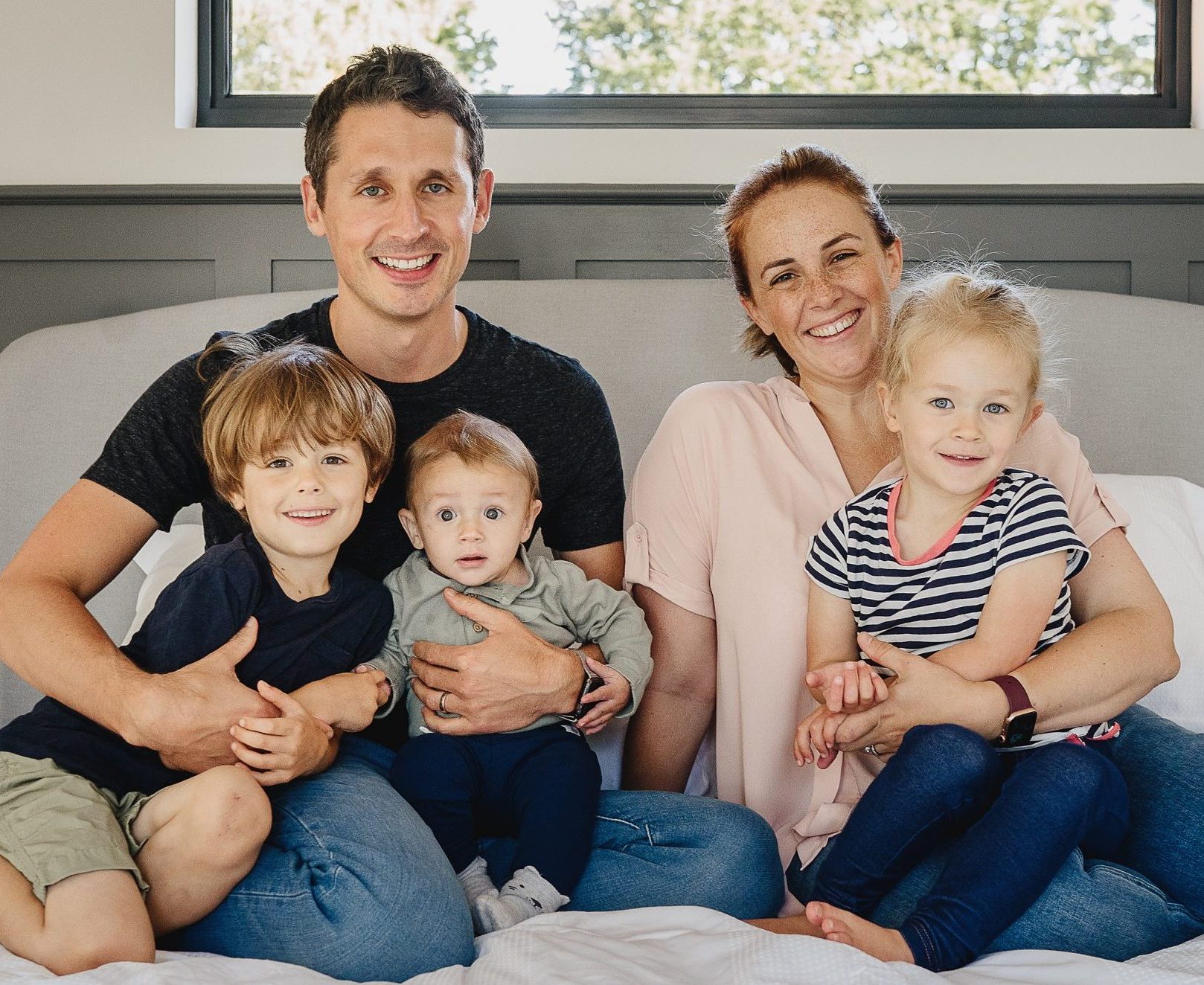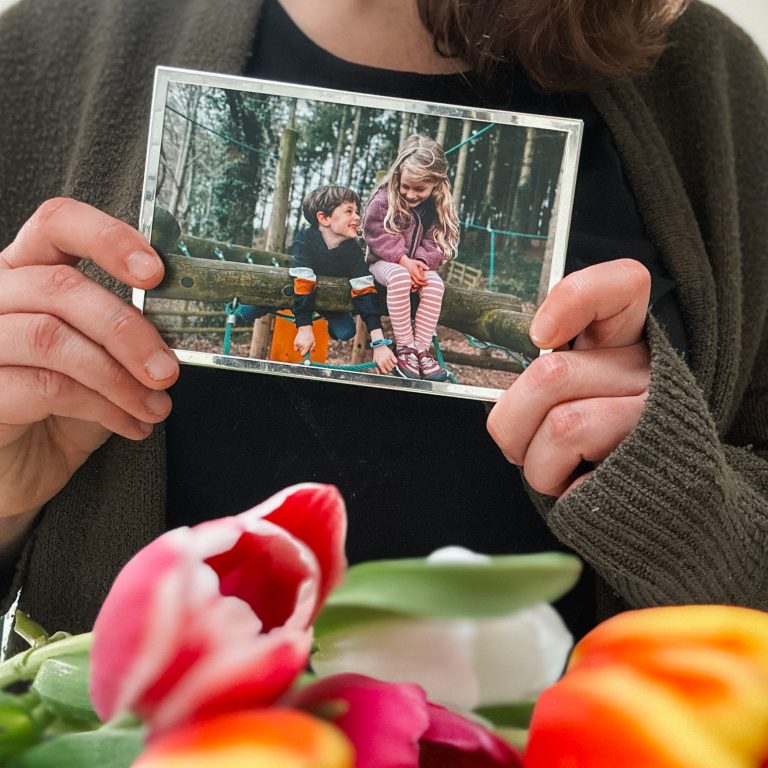Funerals are an unavoidable part of life. As somber as they may be, they also allow you to say goodbye to someone you love dearly. Your child will have that same experience one day, once they’re ready — but how do you know if they’re ready? Follow these techniques to guide you toward the decision of whether your child is ready to attend a funeral or not.
How to Judge When a Child Is Ready
There may not be an overall, foolproof way of determining whether every child is ready to attend a funeral, but you can look at a few of your child’s traits to see if you think they can handle it. Your child may show a mix of these traits, but what matters is that you use your personal judgment to determine whether going to a funeral would be best for your child at their current age.
1. Anxiety Levels
Some children may not have the best emotional regulation to handle death. Some of their fears surrounding death could be deciphered as fear of the unknown, as they don’t know much about the topic. The easiest way to dispel any fears is to get rid of the unknown factor of death.
Gently let your child know that you’re available to answer any questions they may have about death and the funeral process. There, you can see how deep their anxiety runs and how you can help them deal with it. If their anxiety seems too extreme, consider pushing off their funeral attendance until a later date.
2. Patience Levels
You must consider whether your child is mature enough to handle a funeral by understanding how patient they are. It could help to have an activity for them to complete while the funeral is going on, as it’s nearly impossible for a child to sit still for that time. It also involves them dressing to the dress code, so you should find out if they’re patient enough to dress in nice clothes for an extended time.
Funerals tend to take a while. Everything from the wake to the service and burial requires your child to stay in one spot and remain still. You can practice with them ahead of time to show them what they can expect. If they cannot hold still or become emotional at the thought of being restricted from running around, you know that they aren’t yet at the patience level for attending a funeral.
3. Willingness to Go
One important thing is that you should consider whether your child even wants to go to the funeral. You shouldn’t force them to go against their will, as that will just amplify their bad experience and potentially make them not want to attend another funeral. Once a child knows everything that goes on at a funeral and seems okay with going, that’s when you offer the chance to take them to the funeral to celebrate the life of someone.

4. Level of Understanding
Preparing your child for a funeral doesn’t have to be challenging. You can sit them down and be honest about what they should expect to see, and that way, you can take the unknown out of the situation and help your child feel more prepared. How your child handles the explanation should indicate whether you think they’re prepared for the real thing.
5. The Type of Funeral
The funeral type may also determine whether you think your child is ready to go. Young children may have difficulty if it’s an open-casket funeral, as they may not fully understand death — and seeing their loved one in a casket might scare them. Closed-casket funerals are always a better idea for children who may be skittish or not prepared to see their loved ones at rest.
What Funerals Should You Bring a Child to?
Introducing a child to the world of funerals for the first time might come as a shock to them. You have to make sure that you introduce them to the concept of death slowly and in a way that they’ll understand. By attending funerals of different people, your child may slowly grow more used to the process.
1. Church or Organization Members
One of the first deaths your child may come in contact with are older people from a church or organization where your family is members. Your child may not be particularly close to anyone who passes, but it would be a sign of respect for the family to attend. Because they may not know the person well, a child may or may not handle this first experience with death a little better. These funerals will also prepare them for future ones they might feel more pressure to attend, like a family funeral.
2. Family Friends
You may have friends of your family who are older or sick who happen to pass away. These funerals would be an opportunity for your child to say goodbye to someone they may be closer to. This kind of funeral might upset them, so make sure they’re okay with attending the funeral. It’s the level between not knowing the person and being immensely close to them. Be sure to support your child every step of the way.
3. Family Members
If you think your child is too young to attend a family funeral, that’s okay. It might be more difficult to explain to them the opportunity of saying goodbye to someone so close to them. You shouldn’t push your child to attend a family funeral. Make sure they’re emotionally okay with it before testing the waters by telling them what they can expect. While it would be nice to have them there to say goodbye to a relative, let them know that they can still say goodbye in their hearts without being physically there.

When In Doubt, Take It Slow
Taking a child to a funeral is never an easy thing. You have to wonder how they’re feeling emotionally while regulating your own feelings regarding the deceased person. If your child isn’t ready for a funeral, you can always allow them to sit out and allow them to attend another funeral down the line.
Whatever the case, be sure to walk your child through the process of grieving and understanding death slowly and in a way they’ll understand. That way, they’ll grow more open to the idea of saying goodbye to the people they love.









No Comments